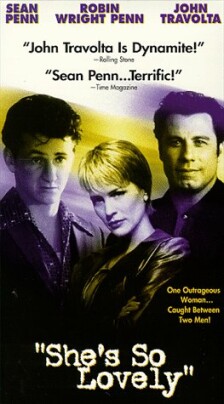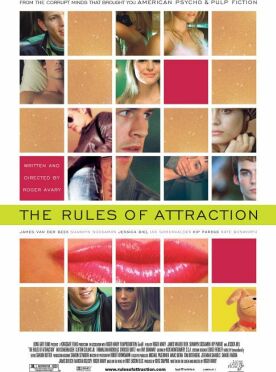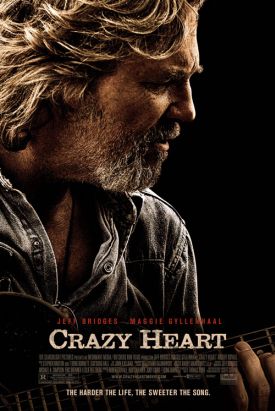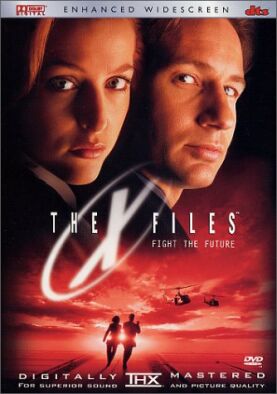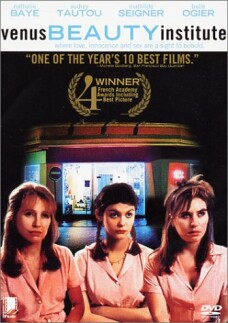She’s So Lovely
She’s So
Lovely was directed by Nick Cassavetes from a screenplay by his late father,
John Cassavetes, and provides a showcase for the talents of Sean Penn and his
real-life wife, Robin Wright Penn, in classic Cassavetes situations of groups of
friends sitting around, getting drunk together, laughing and saying the sorts of
things that sound profound or funny when
you’re drunk. But Mr and Mrs Penn are
engaging performers as a dysfunctional couple in the middle of a dysfunctional
environment, and it is hard to resist the
film’s invitation to admire the
vitality, the charm, the authentic feeling with which they take on the troubles
of the world—most of which are of their own making.
There are, in short, some genuinely funny and some genuinely touching
moments.The trouble is that that is all there is. The Cassavetes family does not
confront the moral issues they raise but allow themselves to rest content with
nothing but a representation of the intensity of the feelings of love and
attachment between the Penns, and the energy of their expression. That and a few
laughs. There is no other point to the picture and that makes it look as if it
belongs to the sixties rather than the nineties.
The film begins with Eddie (Mr Penn) and Maureen (Mrs Penn) living in a
transient hotel from which Eddie periodically disappears for days at a time. She
is pregnant with his child and the sort of person who, though not without her
strengths, cannot bear to be alone. On the occasion of one of his
disappearances, she seeks the company of a neighbor, Kiefer (James Gandolfini),
with whom she gets drunk (drink is a big part of
everybody’s life here). He beats her
up and rapes her. Worried that, when Eddie comes home and sees her bruises, he
will kill the neighbor, Maureen seeks help from some kind of municipal mental
health service, where they give her a number to call if she is alarmed.
Eddie returns. But he buys her story of having fallen down in the street in
the rain. He is already half drunk and the two of them go out on the town.
“We were made for each
other,” says Eddie.
“We’re
both banged up.”
Maureen agrees: “We do what we feel
like doing, even if we get
punched.”
In the morning, however, when he is sober, Eddie extracts an admission of the
neighbor’s assault and goes after him
with a gun.
Still, we are never allowed to take him too seriously, even though he has a
gun.
“Don’t
answer me until I ask,” he says to
Maureen as he is being forceful with her.
“’Cause you
don’t know what
I’m going to ask. Unless
you’re clairvoyant. Which you could
be. Though you haven’t been up till
now. . .” And so on until he has
fogotten what he was going to ask. So when he goes bursting into
Kiefer’s apartment with gun blazing we
are not surprised that his target is not at home. Naturally, Eddie goes out to
look for him, but we know he will not get further than the local bar, where he
and everyone else seem to spend all their time.
Maureen, however, is frightened and calls the number of the mental health
authority. When the men in the white coats arrive at the bar, Eddie, in a
drunken, lunatic frenzy, shoots one of them. He is hauled off in a strait-jacket
to a mental hospital where a tearful Maureen assures him that he will be out in
three months. Ten years later, Eddie finally gets out, but he thinks he has only
been in for three months, since that is what Maureen had promised him. She,
meanwhile, has married and had two more children with Joey (John Travolta), a
builder who has a nice car and a nice house in the suburbs, far from the Skid
Row where the first half of the film is set. Maureen is badly upset by
Eddie’s release and tells Joey that
she still loves him. “I love you too,
but I love him more.” Later she
explains: “The
guy’d go right off the bridge for me.
I think he went nuts for me.”
The natural set-up here is for a confrontation between Skid Row authenticity
and bourgeois respectabililty, but Joey turns out to be a bit of a wild and
crazy guy himself. We know we’re in
for a wild ride when Joey invites Eddie (and
“a
friend” ) for dinner at his suburban
villa to discuss what they are going to do about Maureen and Jeanie (Kelsey
Mulrooney), the daughter she had by Eddie. In fact they
don’t even get as far as dinner before
there ensues a scene of drunken riot interspersed with tenderness as Eddie
proposes that Joey should go on being
Jeanie’s daddy while he can be her
second best friend — since, however many best friends you have,
“you only ever have one second best
friend.”
The conclusion to the rivalry between Joey and Eddie comes as the two of
them are grappling on the front lawn and Eddie says:
“She
doesn’t love you. She
doesn’t love me.
She’s
de-lovely.” This interesting stab at
comprehension may or may not be true, but she seems to choose Eddie and Skid Row
over Joey and suburbia. And her kids — the two
she’s had with Joey as well as Jeanie.
So the conclusion to the bigger moral problem, the problem of what to do about
the kids, is that they don’t matter.
They’ll get over it. It leaves a bad
taste in the mouth. However much we may still be subject to the spell of the
sixties’ bacchanalia, we know
that’s not
true.
Discover more from James Bowman
Subscribe to get the latest posts to your email.

